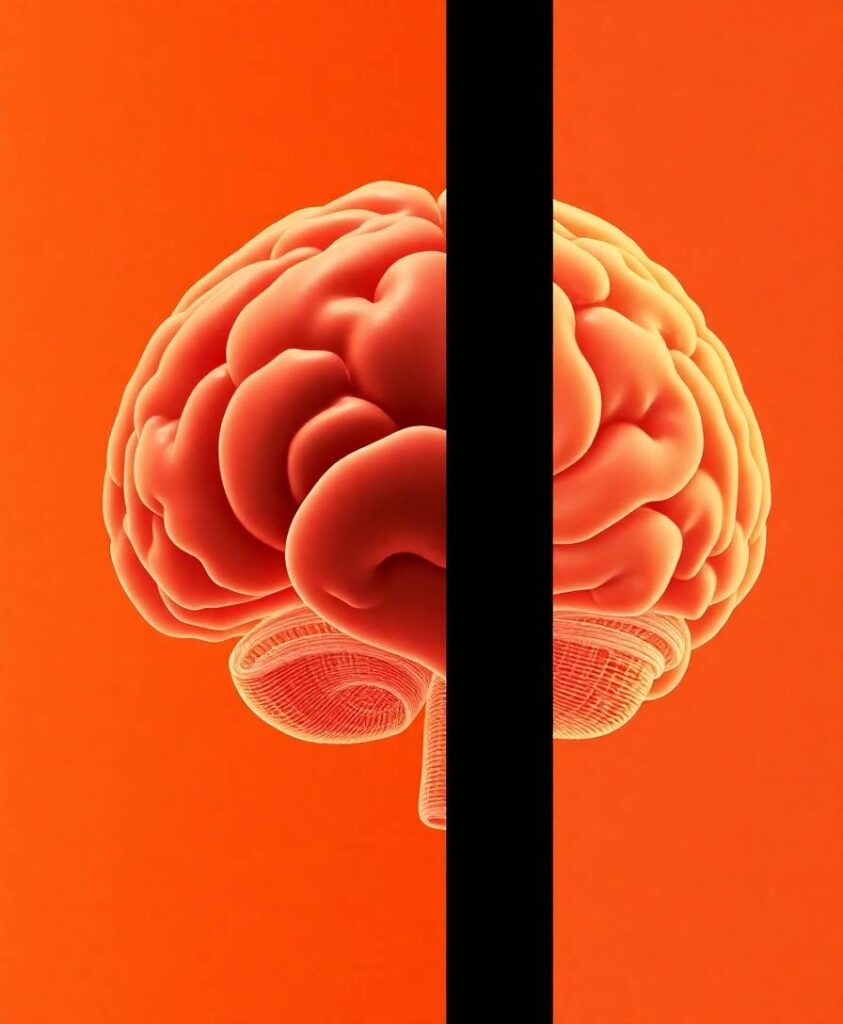Bidirectional associations between hearing difficulty and cognitive function in Chinese adults: a longitudinal study
BackgroundMiddle-aged and older adults frequently experience hearing loss and a decline in cognitive function. Although an association between hearing difficulty and cognitive function has been demonstrated, its temporal sequence remains unclear. Therefore, we investigated whether there are bidirectional relationships between hearing difficulty and cognitive function and explored the mediating role of depressive symptoms in this relationship.MethodWe used the cross-lagged panel model and the random-intercept cross-lagged panel model to look for any possible two-way link between self-reported hearing difficulty and cognitive function. To investigate depressive symptoms’ role in this association, a mediation analysis was conducted. The sample was made up of 4,363 adults aged 45 and above from the China Health and Retirement Longitudinal Study (CHARLS; 2011–2018; 44.83% were women; mean age was 56.16 years). One question was used to determine whether someone had a hearing impairment. The tests of cognitive function included episodic memory and intelligence. The Center for Epidemiologic Studies Depression Scale, which consists of 10 items, was used to measure depressive symptoms.ResultsA bidirectional association between hearing and cognition was observed, with cognition predominating (Wald χ2 (1) = 7.241, p < 0.01). At the between-person level, after controlling for potential confounders, worse hearing in 2011 predicted worse cognitive function in 2013 (β = −0.039, p < 0.01) and vice versa (β = −0.041, p < 0.01) at the between-person level. Additionally, there was no corresponding cross-lagged effect of cognitive function on hearing difficulty; rather, the more hearing difficulty, the greater the cognitive decline at the within-person level. According to the cross-lagged mediation model, depressive symptoms partially mediates the impact of cognitive function on subsequent hearing difficulty (indirect effect: −0.003, bootstrap 95% confidence interval: −0.005, −0.001, p < 0.05), but not the other way around.ConclusionThese results showed that within-person relationships between hearing impairment and cognitive function were unidirectional, while between-person relationships were reciprocal. Setting mental health first may be able to break the vicious cycle that relates hearing loss to cognitive decline. Comprehensive long-term care requires services that address depressive symptoms and cognitive decline to be integrated with the hearing management.
Jean-Baptiste is a French-Canadian anthropologist in Montreal, investigating cultural influences on human motivation and success. His pursuance of highlighting how historical Canadian values foster ambition, aims to elevate readers toward self-actualization.


